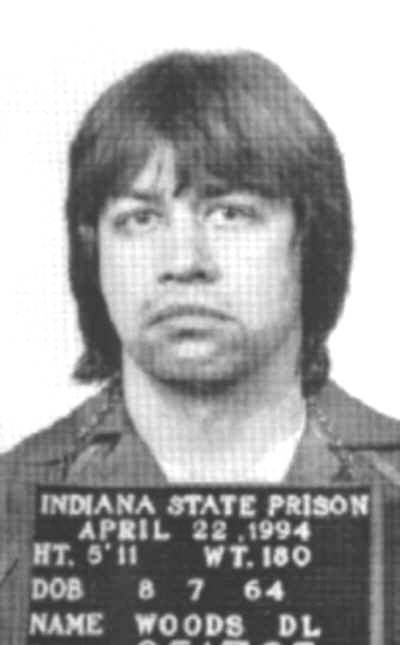In a July 30 article, "After Flawed Executions, States Resort to Secrecy,"* New York Times legal columnist Adam Liptak examines the shift toward protecting the identity of those involved in the execution process in several states. Ironically, this comes at a time when botched executions are increasingly reported. Amidst growing awareness of the incompetence of those performing lethal injection procedures, citizens are left with no one to hold accountable when the identity of involved officials is withheld.
Liptak writes:
"In the wake of several botched executions around the nation, often performed by poorly trained workers, you might think that we would want to know more, not less, about the government employees charged with delivering death on behalf of the state.
But corrections officials say that executioners will face harassment or worse if their identities are revealed, and that it is getting hard to attract medically trained people to administer lethal injections, in part because codes of medical ethics prohibit participation in executions."
In Missouri, for example, a doctor who "had supervised more than 50 executions by lethal injection testified last year that he sometimes gave condemned inmates smaller doses of a sedative than the state’s protocol called for, explaining that he is dyslexic."
The doctor had his right to practice revoked by two hospitals following numerous malpractice suits. In September of last year, a federal judge barred him from participating “in any manner, at any level, in the State of Missouri’s lethal injection process.”
However, the Louisiana state legislature has acted to nullify this ruling. Liptak explains:
"A new law, signed this month by Gov. Matt Blunt, makes it unlawful to reveal 'the identity of a current or former member of an execution team,' and it allows executioners to sue anyone who names them.
The governor explained that the law 'will protect those Missourians who assist in fulfilling the state’s execution process.' "
The new Missouri law even bars medical licensing boards from taking disciplinary actions against doctors or nurses who participate in executions (contrary to the stance of prominent medical organizations, including the American Medical Association).
Liptak also points to recent developments regarding flawed lethal injections procedures in Florida, where a judge ruled a week ago that procedures issued by Florida’s corrections department in May (that there is only one job requirement to be an executioner: you must be “a person 18 years or older who is selected by the warden to initiate the flow of lethal chemicals into the inmate") is inacceptable. The judge halted a pending execution, declaring that the system must include experienced and competent people before it can be allowed to carry out death sentences.
Liptak asserts:
"It would be good to know more about who is performing executions in Florida. But that state’s law, like Missouri’s, forbids the disclosure of 'information which identifies an executioner.' Quite a few states have similar laws, and a new Virginia law shielding executioners came into effect this month.
This is a serious issue to examine and monitor as lethal injection procedures continue to be analyzed across the country. Does the public have right to know who is carrying out executions and if these officials have the medical competence to do so? Or does the protection of the executioner outweigh concerns about cruel and unusual punishment, and the effective torture that can be the result of a botched dosage or otherwise flawed injection.
----
*Article accessible to Times Select members only.
»»Click here for the full post»»
««Click here for summary only««

 This past week,
This past week, 